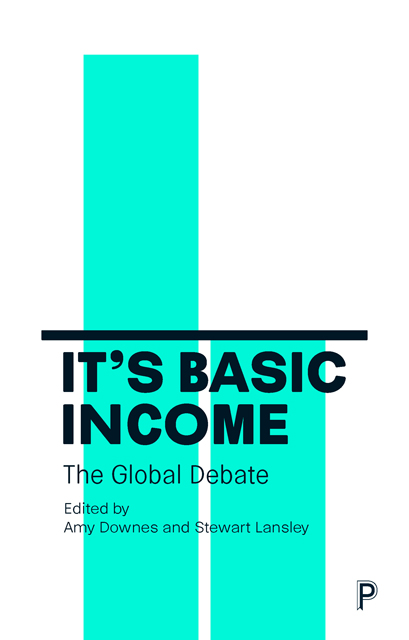5 - To keep music alive
Published online by Cambridge University Press: 11 April 2023
Summary
‘… for the creative artist, the true burden is not that they must work, but that they are prevented from working, at their art.’
It’s a familiar image of classical musicians: a stage full of women and men in evening wear playing some symphony or other to an audience in a smart concert hall. But these figures in their penguin suits are really just the tip of a musical iceberg. Not only are classical musicians these days increasingly likely to be found in more relaxed clothing but they are much more likely to be found working on a much smaller and less obviously glamorous scale.
It is only a very small proportion of those training as classical musicians who end up with actual salaried work as performers (although contracts are such that even membership of a top orchestra does not necessarily come with a guaranteed annual salary). Orchestras are one of the very few employers of musicians; military bands are another, although that job comes with a variety of strings attached. Given the number of orchestras operating at that level in the UK, that amounts to around 1,500 positions in total – that’s for all instruments – with hundreds of applicants for vacancies when they do come up. That’s in a country whose seven main senior music colleges have, roughly, between 500 and 750 students on degree courses at any one time.
So, inevitably, musicians are likely to have to look outside performing to make their living. Often this will be in associated areas, principally teaching. While these are worthwhile and rewarding in themselves, they are likely to make it harder to take on freelance performing work when it does come along – freelance work of such a nature that it has to be carried out at given times and can’t simply fit round other commitments – and still leaves the challenge of carving out enough opportunity to develop and promote one’s own projects as well as keeping up proficiency on one’s instrument. As many find, it’s all too easy to sacrifice private practice under pressure of time, something you wouldn’t expect a professional sportsperson to forego.
You may say that a similar situation holds for any artist, actor or indeed athlete, and that there’s nothing special about classical musicians in this respect. And of course, that is essentially true.
- Type
- Chapter
- Information
- It's Basic IncomeThe Global Debate, pp. 36 - 38Publisher: Bristol University PressPrint publication year: 2018

